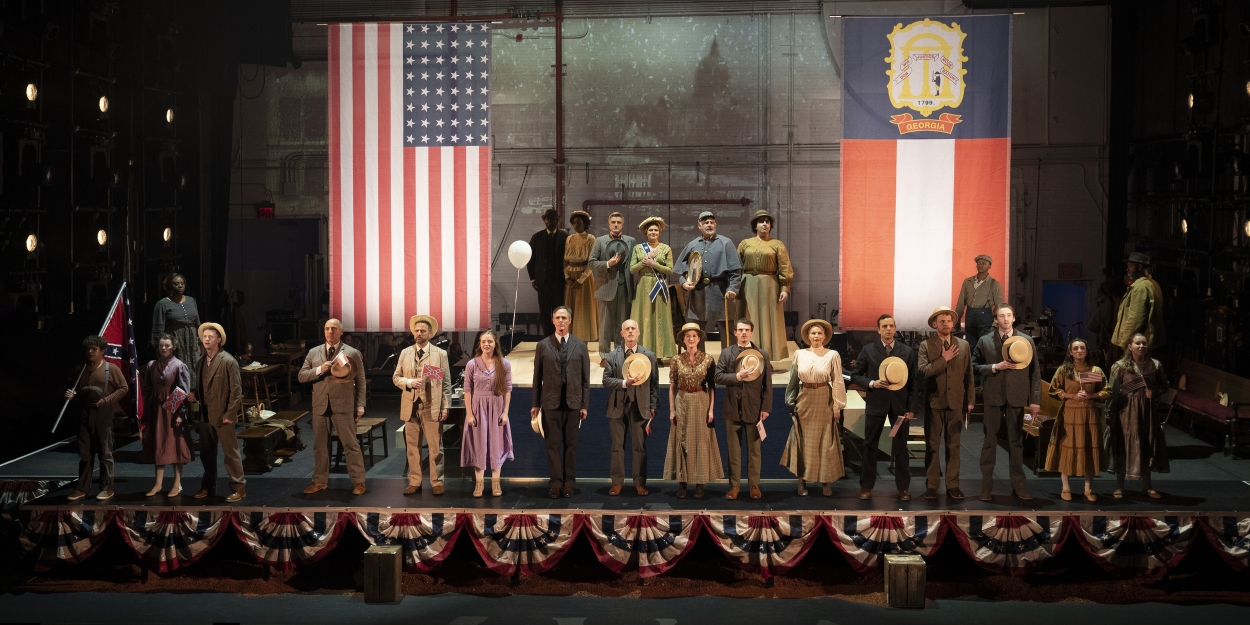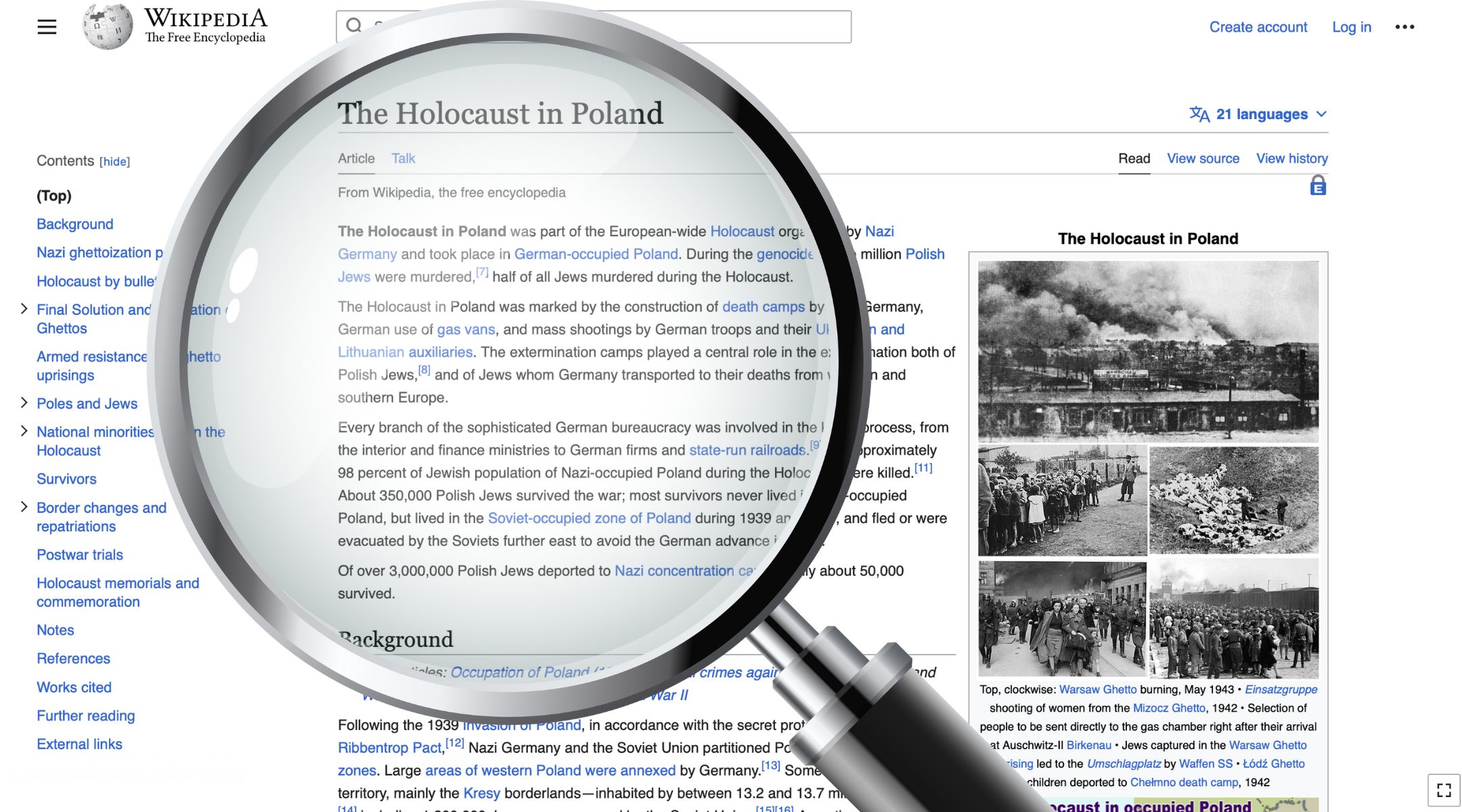The article that triggered the opening of the case was published under the title, “Wikipedia’s Intentional Distortion of the History of the Holocaust.” It accused 11 current and former editors of intentional distortions to numerous articles relating to the Holocaust in Poland. The paper referred to the editors by their usernames but also provided their real names if they had publicly identified themselves on Wikipedia message boards.
“
Due to this group’s zealous handiwork, Wikipedia’s articles on the Holocaust in Poland minimize Polish antisemitism, exaggerate the Poles’ role in saving Jews, insinuate that most Jews supported Communism and conspired with Communists to betray Poles, blame Jews for their own persecution, and inflate Jewish collaboration with the Nazis,” wrote co-authors Jan Grabowski, a historian at the University of Ottawa, and Shira Klein of the history department at Chapman University in Orange, California.
Normally, mistakes on Wikipedia, whether intentional or not, can be quickly fixed by experienced editors who deploy a set of rules regarding sourcing and style.
But in this case, the alleged distortionists know Wikipedia’s mechanisms well enough to at least appear to follow the rules and are willing to spend time arguing with other editors who step in to intervene. It becomes harder to get to the truth because they work to discredit established historians and prop up fringe voices to create the semblance of a real-world debate over historical events, according to the article.
In one of the dozens of examples documented in the study, the alleged distortionists have tried to pass the self-published work of an antisemitic Polish writer named Ewa Kurek as a reliable source. Kurek has said that COVID-19 is a cover for an attempt by Jews to take over Europe and that Jews enjoyed life in Nazi ghettos. An editor named Volunteer Marek argued in a backstage conversation among editors that Kurek should be cited as any “mainstream scholar” would be. And another editor, working on an article about a 1941 massacre of Jews in Poland, added Kurek’s claim that minimized the number of Jewish victims and exonerated Polish perpetrators.
In the debate about how to handle the case,
dozens of arbitrators and ordinary Wikipedia editors — all volunteers — spoke of the situation on a Wikipedia message board as something close to an existential crisis for Wikipedia. Not only was the website accused of being used to spread antisemitic propaganda, but it was also alleged to be vulnerable to large-scale manipulation by a small group of bad-faith actors.
By a vote of nine to one on Feb. 13, the committee decided to open the case. The proceedings, which start with an evidence-gathering phase, are expected to last up to six weeks, after which they can decide to ban and restrict offending editors.
Beyond that, an unorthodox last resort option is also available. Wikipedia’s so-called Supreme Court could ask for help from an even higher authority: the Wikimedia Foundation, a nonprofit that owns the encyclopedia. The foundation intervened
in 2021 in what some see as a similar scenario of a far-right takeover on the Croatian-language Wikipedia, hiring an outside expert to disentangle the web of obfuscation and banning a set of editors.






